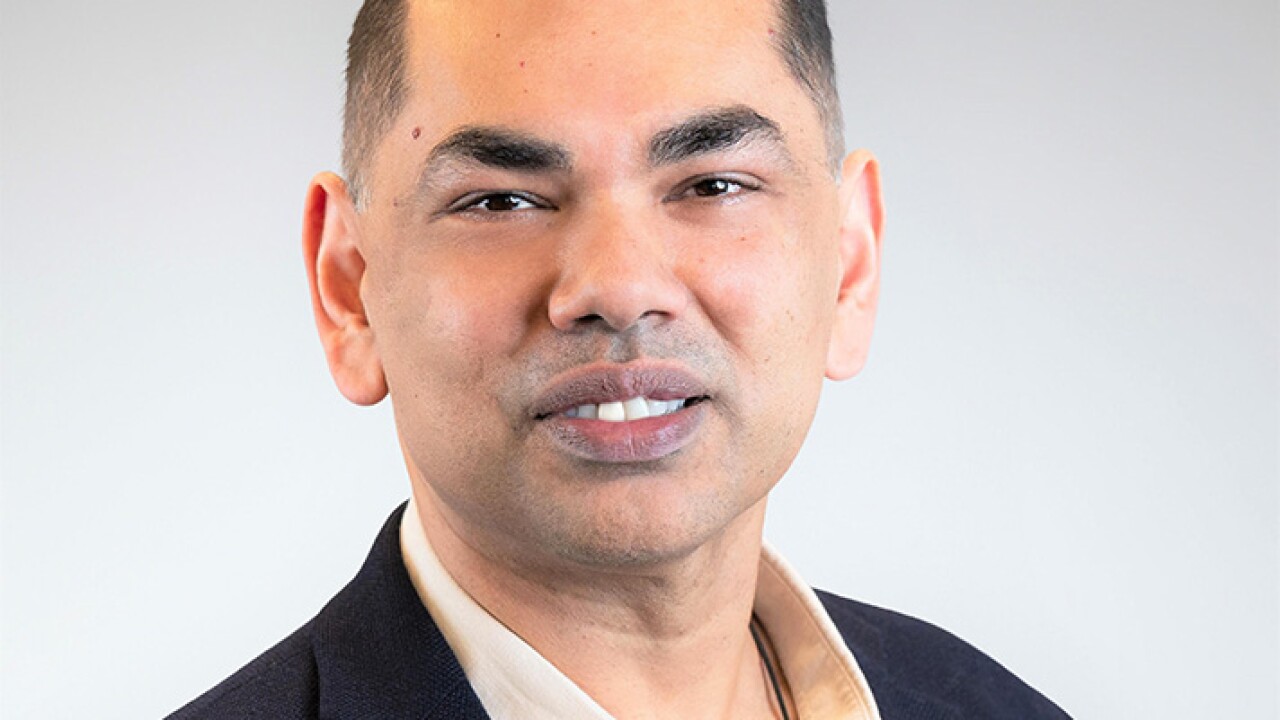Sen. Robert Menendez, D-N.J., has introduced legislation that would exempt all water and sewer exempt facility debt from the private-activity bond volume cap.
The Sustainable Water Infrastructure Investment Act, S. 3262, introduced on April 27, mirrors a provision found in the Small Business and Infrastructure Jobs Tax Act of 2009, which was passed by the House in March. That bill includes a number of municipal bond provisions, most notably one that would extend the Build America Bond program until April 1, 2013.
The House-approved jobs bill has not moved in the Senate. Both that measure and Menendez’s bill are pending before the Senate Finance Committee, and no action has been scheduled. Neither the senator nor his staff could be reached for comment.
The Menendez bill states that water and sewage infrastructure nationwide will need to undergo costly updates in the near future and that the existing volume cap is limiting the ability to address those fixes.
“The historical approach of funding infrastructure is insufficient to meet the investment needs of the future,” the legislation states.
“Removal of state volume caps for water and wastewater infrastructure will accelerate and increase overall investment in the nation’s critical water infrastructure; facilitate increased use of innovative infrastructure-delivery methods supporting sustainable water systems through public-private partnerships that optimize design, financing, construction, and long-term management, maintenance, and viability; and provide for more effective risk management of complex water infrastructure projects by municipal utility and private sector partners.”
State and U.S. territory issuance of PABs are capped annually based on their population figures. Currently the cap is $90 per capita or $273.775 million, whichever is higher. Nearly $2.7 billion of exempt facility bonds were sold in 2008, according to data compiled by the Council of Development Finance Agencies.
Exempt facility bonds can be issued to finance a wide variety of projects, including airports, docks, mass commuting facilities, qualified residential rental projects, as well as sewage facilities, solid-waste disposal facilities, and water facilities.





